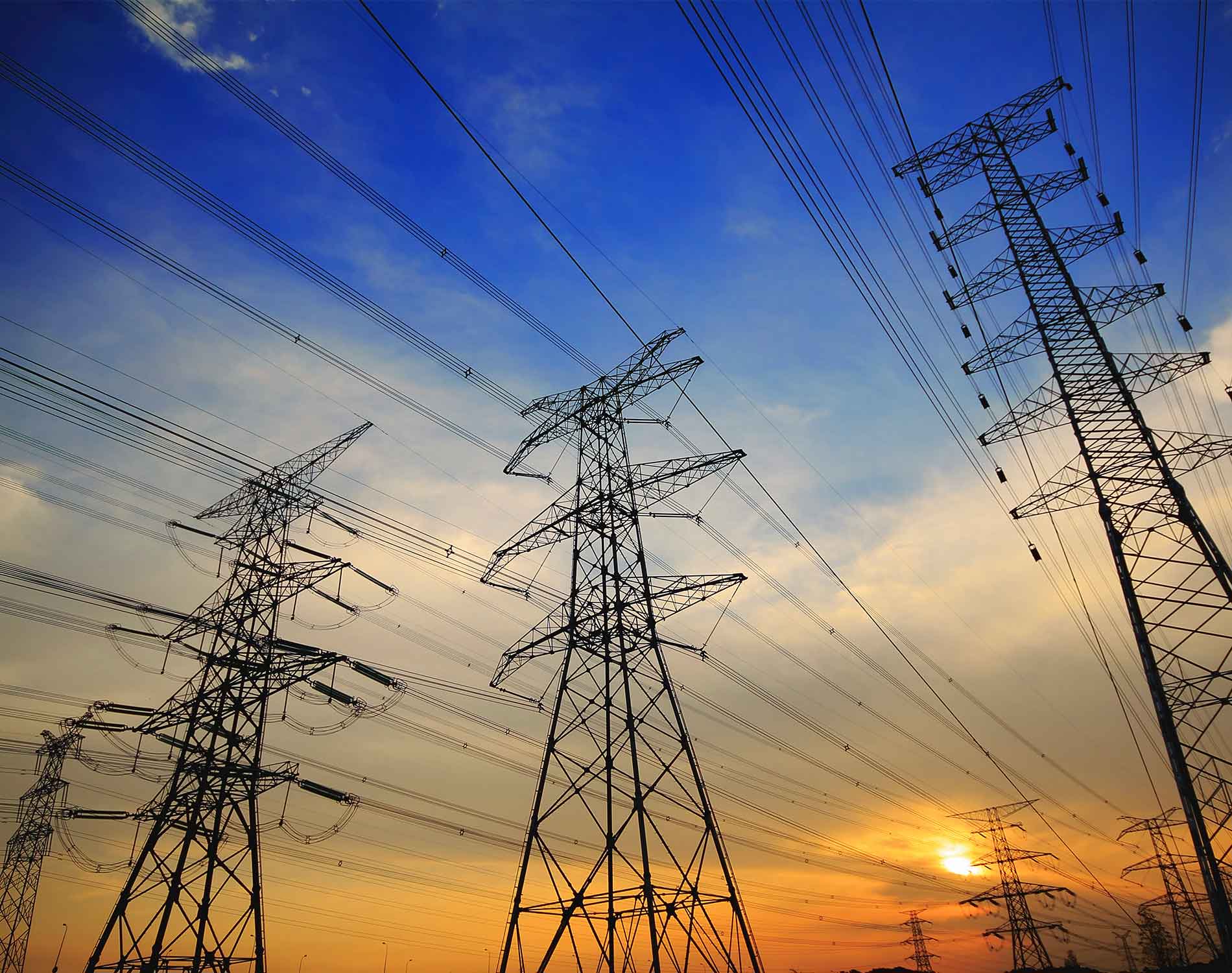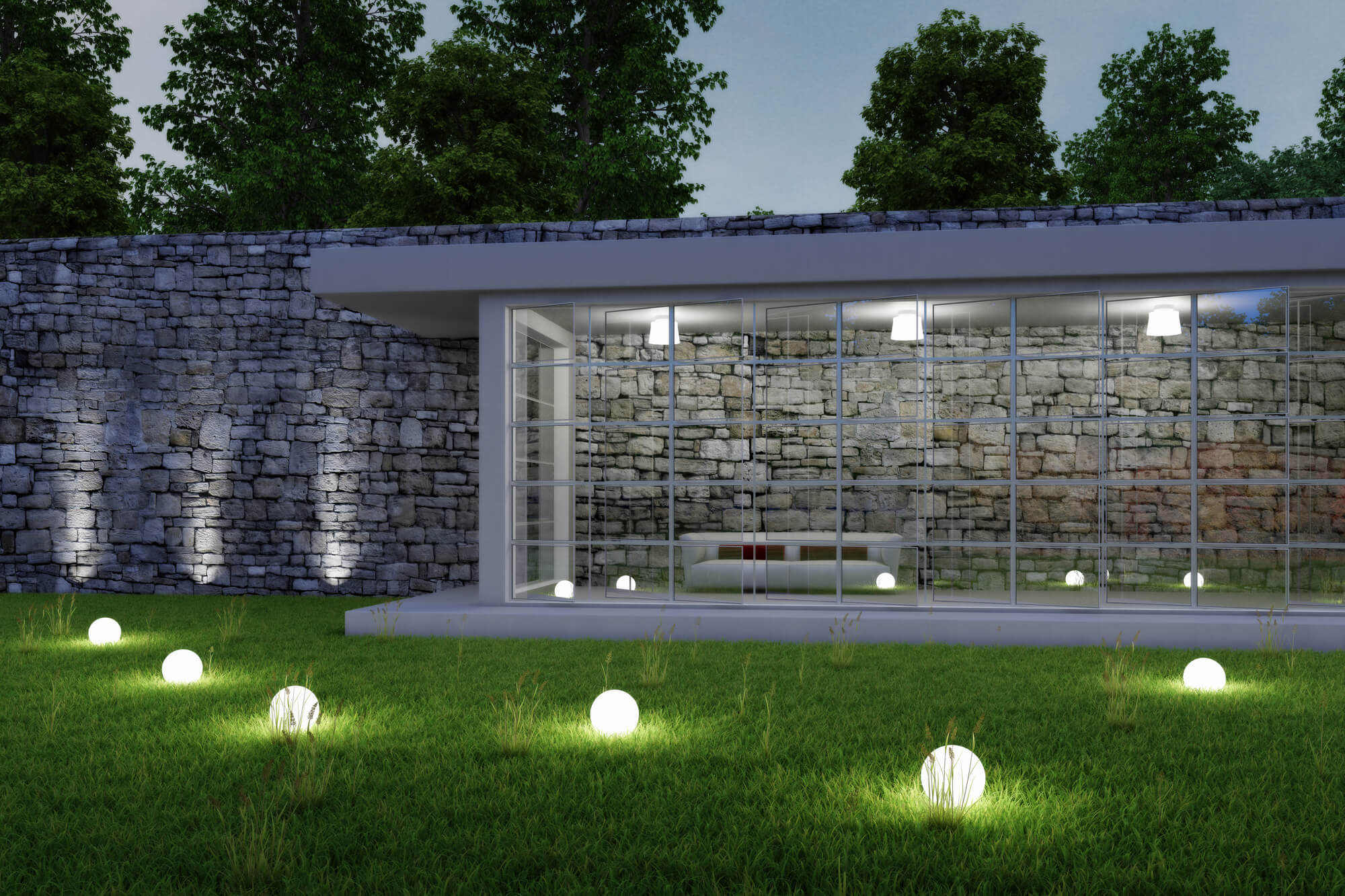The energy plan must determine a set of energy parameters as well as provide relevant information. We propose the following nine objectives for an Energy Plan:
- Establish possible scenarios of useful energy demand, broken down by end use;
- Establish possible scenarios of final energy demand, broken down by energy forms;
- Draw up a preliminary report of final energy, considering conventional and alternative technologies;
- Develop the energy matrix based on an energy optimization and the use of endogenous resources;
- Evaluate the parameters that allow to determine the technical-economic feasibility of centralized thermal energy production systems or thermal and electric energy production, considering the use of endogenous energy sources, as the case of biofuels, urban solid waste or waste water effluents;
- Evaluate the parameters that allow to determine the advantages in the use of solar technologies, such as solar thermal and photovoltaic systems;
- Establish requirements for the rational and efficient use of energy in all equipments;
- Establish the Energy Performance Certification;
- Propose the creation of an internal department which will conduct the monitoring and projects licensing, in order to ensure that all regulated requirements are integrated and complied with.
Read more:
There are no smart cities. There are intelligent people who know how to project.
Energy key role in all activities
Designing sustainable and efficient cities
The benefits from energy savings
The urban vision in the planning for a new “city”
Infrastructures design in new cities
Requirements for urban services management
The rational use of energy



